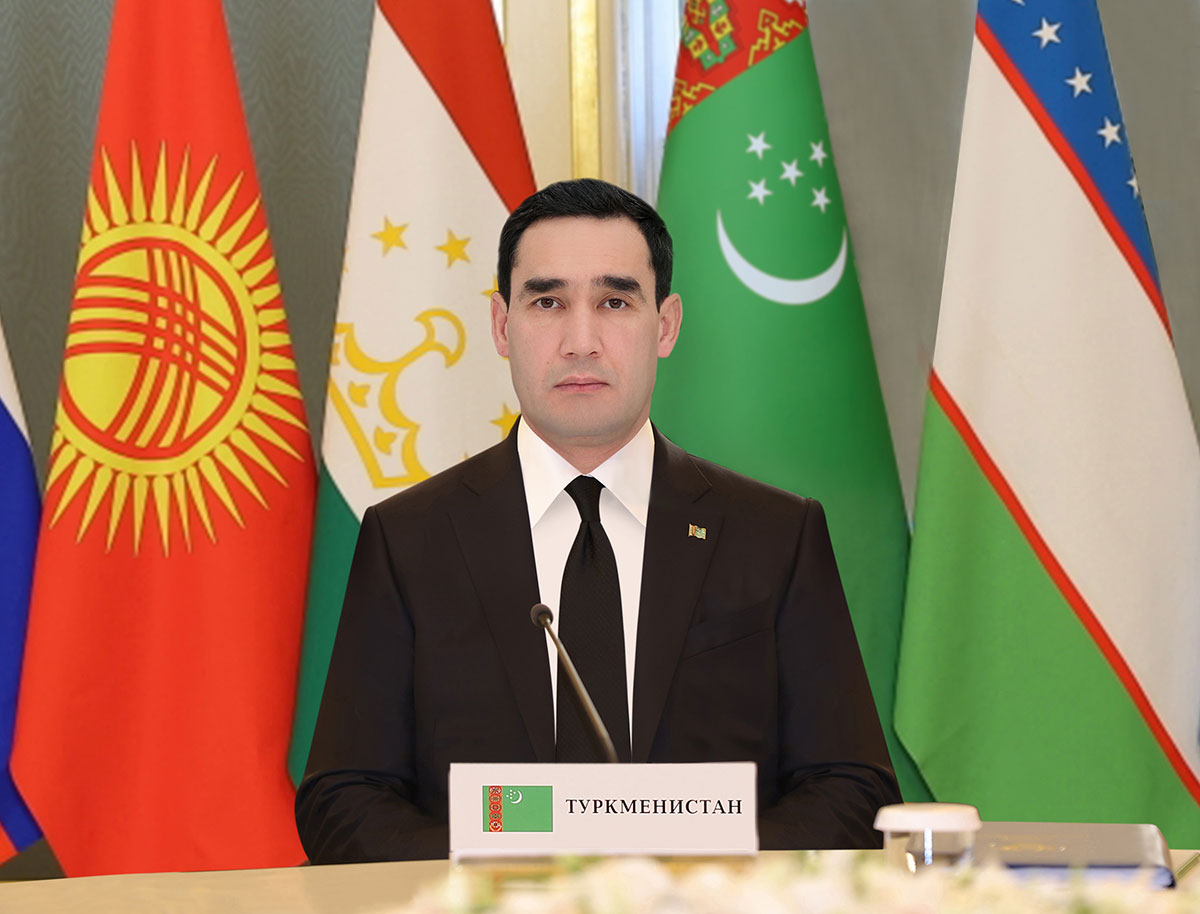BAKU, Azerbaijan, November 13. Central Asia is entering a new phase of dynamic development. In recent years, the region’s countries have managed to build trust, strengthen trade and economic ties, and begin developing common approaches to growth.
A key mechanism driving this process has been the Consultative Meetings of Central Asian Heads of State. In mid-November, Tashkent will host the seventh such meeting. In this context, Turkmenistan is poised to play a prominent role, consistently promoting principles of constructive partnership and technological interconnectedness.
As early as August 2021, when Turkmenistan hosted the Third Consultative Meeting in Awaza under the leadership of Gurbanguly Berdimuhamedov, the foundations of the current cooperation model were laid. At that time, initiatives were discussed to establish a Council of Industrialists and Entrepreneurs of Central Asia, develop green corridors for trade, and strengthen food security. These ideas have since become a critical base for deeper regional integration.
Following Serdar Berdimuhamedov’s election as President in 2022, Turkmenistan not only maintained policy continuity but also gave it new momentum, emphasizing practical cooperation and modern forms of interaction. At the Fourth Consultative Meeting in Cholpon-Ata, the President proposed expanding transport and logistics cooperation and giving economic ties a strategic direction.
"Our countries form a single geoeconomic space, which requires the development and strengthening of cooperation based on a shared vision of our role in continental and global processes," Serdar Berdimuhamedov noted.
These words have defined Turkmenistan’s approach to regional partnership. Today, the country is actively developing infrastructure, modernizing ports on the Caspian Sea, expanding railway lines and highways, and building state-of-the-art logistics centers. Particular attention is being paid to the digital transformation of the transport sector.
Results of a rapid study conducted by the German Society for International Cooperation (GIZ) in October–November 2024 showed that the average transit time for goods passing through Turkmenistan’s border is just 50 minutes - the fastest in Central Asia. This achievement was made possible by the implementation of a “Single Window” system and the shift to electronic customs declarations, which automated and standardized clearance procedures.
These successes highlight the effectiveness of President Serdar Berdimuhamedov’s push to digitalize logistics. Turkmenistan is becoming a transit hub, offering neighboring countries a verified model for digitally managing customs and transport processes. Ahead of the Tashkent summit, this strengthens Ashgabat’s position as a regional leader in digital and transport integration.
Through comprehensive modernization, Turkmenistan is emerging as a key link along the Central Asia–Caspian–Black Sea and Central Asia–Persian Gulf transport corridors, enhancing the region’s competitiveness in international markets. The digitalization of logistics - reducing transit times, increasing transparency, and automating procedures - is becoming the country’s new hallmark.
Turkmenistan’s initiatives also align closely with broader regional agreements. At the Fifth Consultative Meeting in Dushanbe in 2023, a Ground Transport Connectivity Agreement was signed—a logical continuation of Ashgabat’s proposals. Discussions also covered industrial cooperation and the use of national currencies in mutual settlements, which Turkmenistan considers key to economic stability.
The next step came at the Sixth Meeting in Astana in 2024, where heads of state approved the Central Asia-2040 concept and a Cooperation Roadmap for 2025–2027. These documents are directly linked to President Serdar Berdimuhamedov’s approach: developing unified infrastructure, digitalizing cross-border procedures, strengthening energy links, and creating favorable conditions for business.
Turkmen policy consistently rests on the belief that sustainable development is impossible without a strong regional security framework. "Challenges require effective measures to establish a solid and long-term regional security system and neutralize potential threats," the President emphasized. This approach makes Turkmenistan a predictable and reliable partner, with initiatives focused on long-term stability.
Currently, major projects in energy, transport, agriculture, and digital technologies are underway in the country, demonstrating their effectiveness. These sectors are vital not only for the national economy but for the entire region, creating new opportunities for investment and trade.
"We have every opportunity to create a comfortable environment for entrepreneurship, remove unnecessary barriers, and make Central Asia attractive for long-term investment," President Serdar Berdimuhamedov stated. His words capture the essence of Turkmenistan’s modern course - linking national development with regional openness and cooperation.
At the upcoming Tashkent summit, Turkmenistan is expected to present new proposals for the development of transport corridors, energy partnerships, and deeper digital integration. Environmental issues, sustainable resource use, and climate adaptation are also likely to be among the key topics.
The Seventh Consultative Meeting will further confirm Central Asia’s move toward greater connectivity and resilience. Under President Serdar Berdimuhamedov, Turkmenistan is making a significant contribution, fostering an atmosphere of trust, technological transparency, and mutual understanding.







